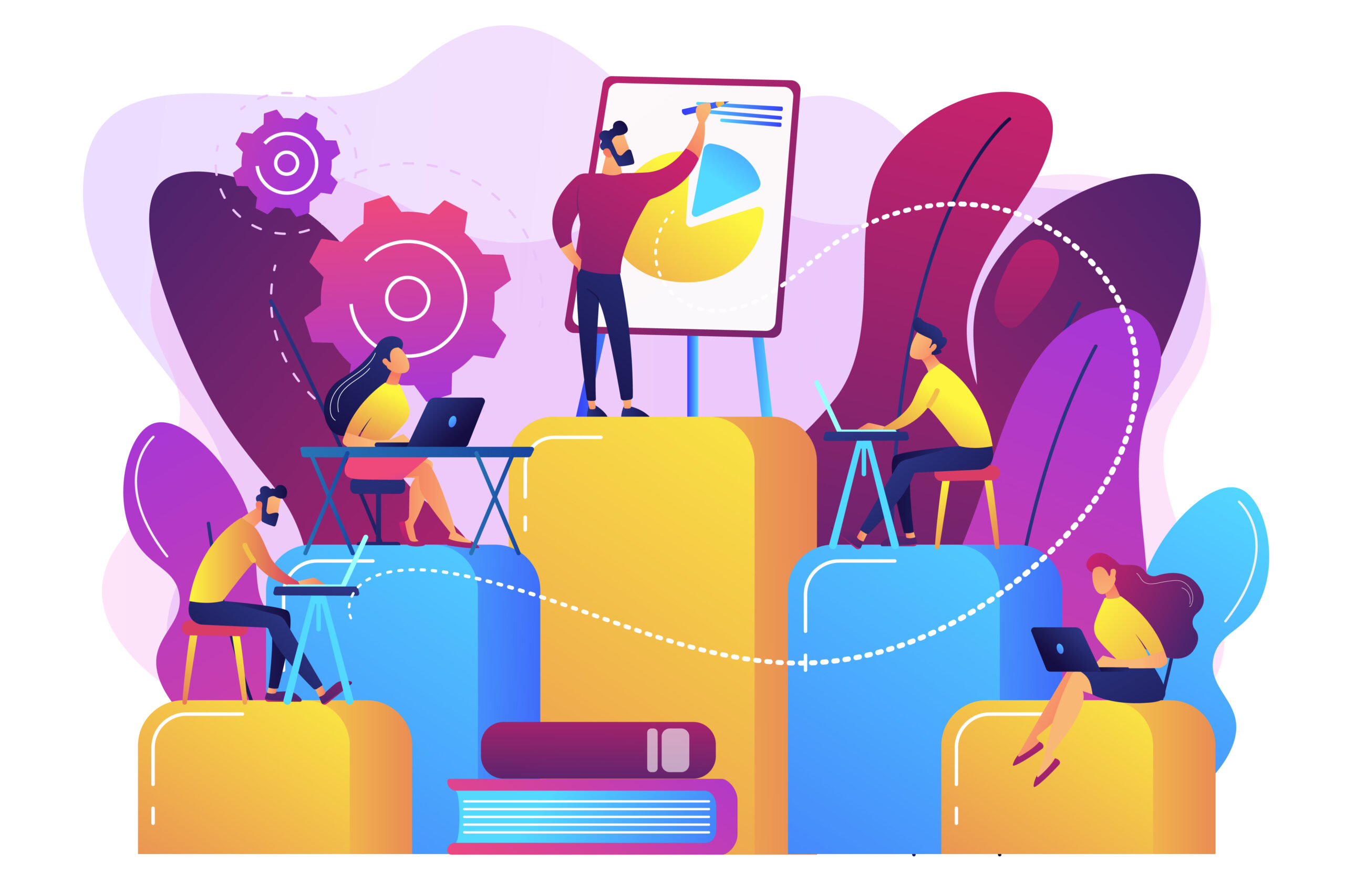21ST CENTURY TEACHING: STRATEGIES AND ASSESSMENTS FOR MODERN LEARNERS

About Course
This course is designed to equip educators with the knowledge and skills necessary to create effective teaching strategies and assessments that cater to the needs of modern learners. It covers topics such as digital literacy, active learning, project-based learning, and formative and summative assessments. The course also explores the role of technology in teaching and assessment, as well as the ethical considerations involved in the use of technology in education.
Course Content
MODULE 1: UNDERSTANDING MODERN LEARNERS
-
Introduction
00:00 -
Characteristics of Modern Learners
00:00 -
Learning Preferences of Modern Learners
00:00 -
Learning Styles
00:00 -
Differentiated Instruction
00:00
MODULE 2: EFFECTIVE TEACHING STRATEGIES
MODULE 3: ASSESSMENT IN THE 21ST CENTURY
MODULE 4: TECHNOLOGY IN TEACHING AND ASSESSMENT
MODULE 5: CREATING A 21ST CENTURY CLASSROOM
HOW TO GET YOUR CERTIFICATE
Student Ratings & Reviews
very impormative and modern strategy for teaching, i appriciate and ive learned very well
It was good learning experience.. I learned so much
I learned so many strategies and tips in my field.
Learning about 21st-century skills is a transformative experience, as it requires a shift from traditional, passive learning to more dynamic, interactive methods. From my perspective, it's all about developing a combination of technical, cognitive, and interpersonal abilities that are essential in our fast-changing, digital world.
For me, engaging with this type of learning began with understanding that education now involves much more than just absorbing information. The focus is on fostering critical thinking, creativity, collaboration, and communication. These skills are often referred to as the "4 Cs" and are crucial for adapting to challenges in work, life, and even in personal growth.
Technology plays a huge role in 21st-century learning. I found that it isn’t just about using digital tools, but about understanding how they can enhance problem-solving, connect global communities, and create innovative solutions. Interactive platforms, online collaboration tools, and access to vast amounts of information make learning more flexible and personalized. This was eye-opening for me, as I realized how much these tools could elevate the way I process and apply knowledge.
What also stood out is the importance of adaptability. With rapid changes in technology and society, being able to learn and unlearn things quickly is becoming a vital skill. This emphasizes lifelong learning, where education doesn’t end in the classroom but becomes an ongoing, self-driven process.
As I practiced these skills, it felt empowering to become more self-reliant in my learning process, and it also opened up many new opportunities for growth, both in professional and personal spheres. It's like seeing learning as a continuous, collaborative journey that’s very much integrated with the world outside the classroom.
For me, engaging with this type of learning began with understanding that education now involves much more than just absorbing information. The focus is on fostering critical thinking, creativity, collaboration, and communication. These skills are often referred to as the "4 Cs" and are crucial for adapting to challenges in work, life, and even in personal growth.
Technology plays a huge role in 21st-century learning. I found that it isn’t just about using digital tools, but about understanding how they can enhance problem-solving, connect global communities, and create innovative solutions. Interactive platforms, online collaboration tools, and access to vast amounts of information make learning more flexible and personalized. This was eye-opening for me, as I realized how much these tools could elevate the way I process and apply knowledge.
What also stood out is the importance of adaptability. With rapid changes in technology and society, being able to learn and unlearn things quickly is becoming a vital skill. This emphasizes lifelong learning, where education doesn’t end in the classroom but becomes an ongoing, self-driven process.
As I practiced these skills, it felt empowering to become more self-reliant in my learning process, and it also opened up many new opportunities for growth, both in professional and personal spheres. It's like seeing learning as a continuous, collaborative journey that’s very much integrated with the world outside the classroom.
The course is comprehensible and makes learning relatable and easy.
Thank you!
All the topics are very informative...It encourages me to learn more❣️
It's an amazing course. It really helps a lot.
I learned a lot particularly on how to convert traditional classroom into 21st century classroom which is more relevant nowadays.
This will help the Educators to have a good communication especially to the next generation.
As a teacher, we need have more strategies to teach young generation now a day, but this expreience is very fit my teaching skills to grow as a educator.




